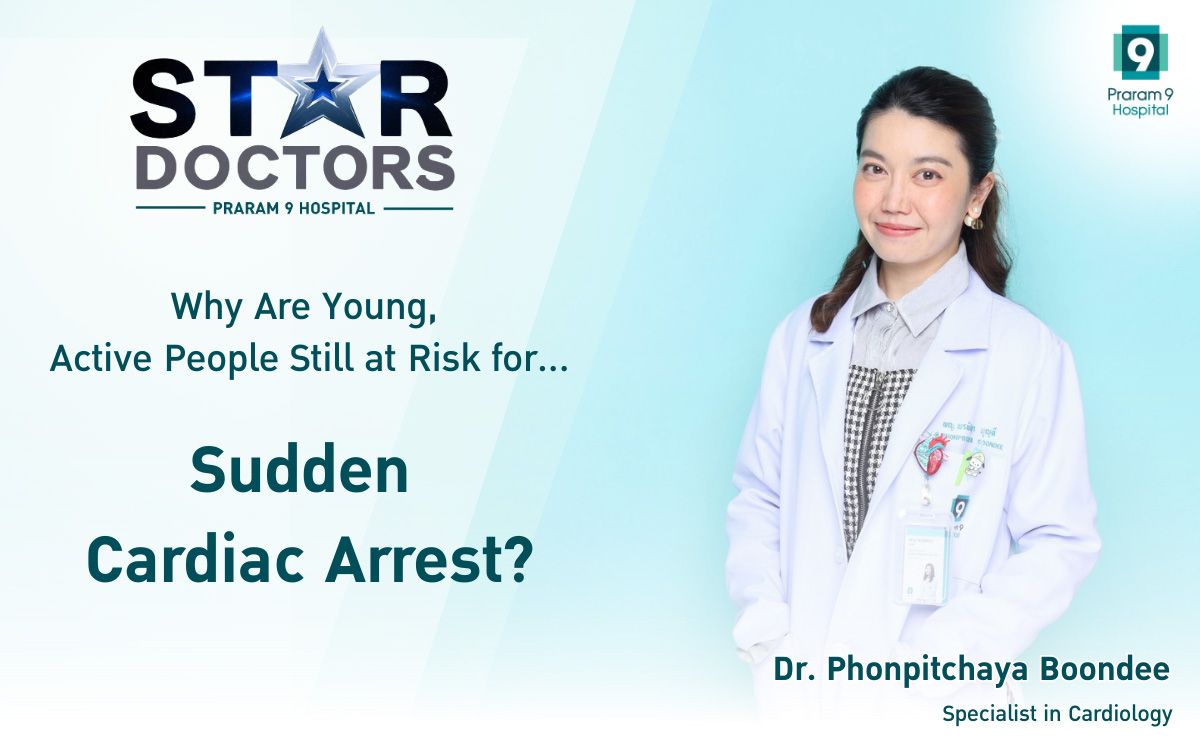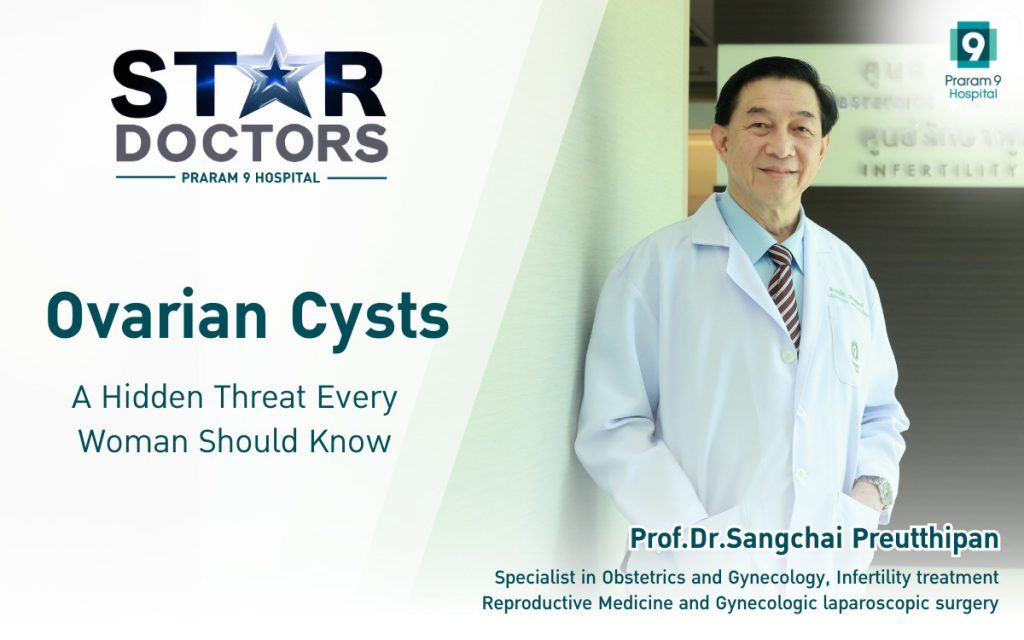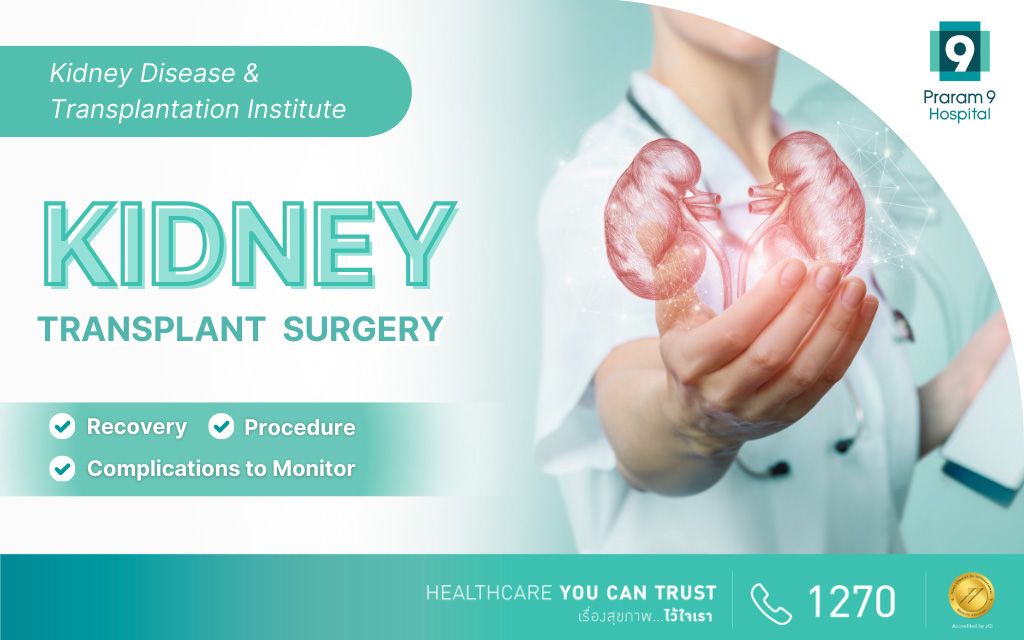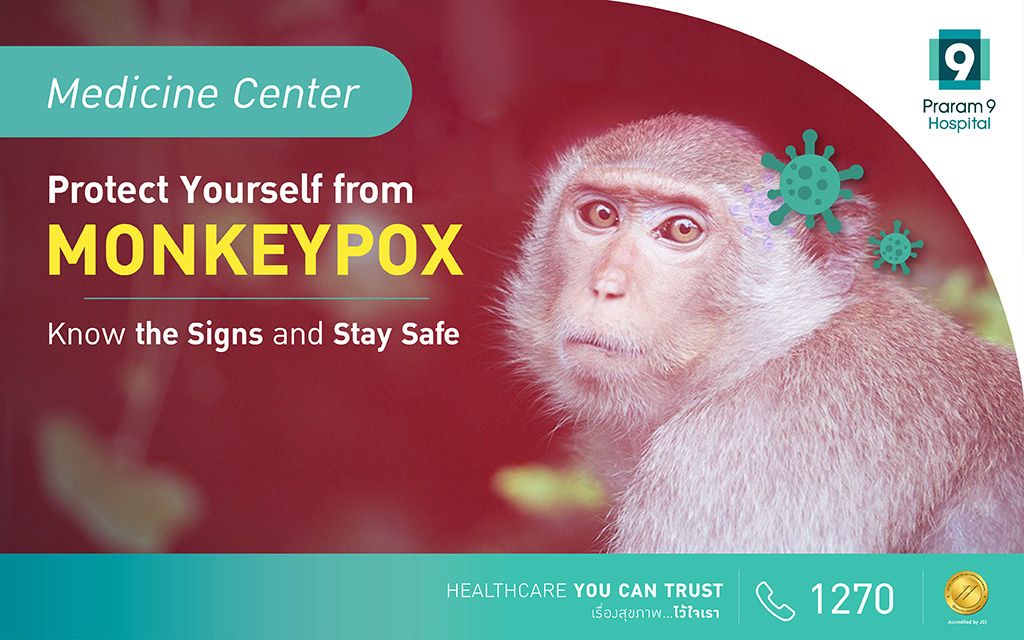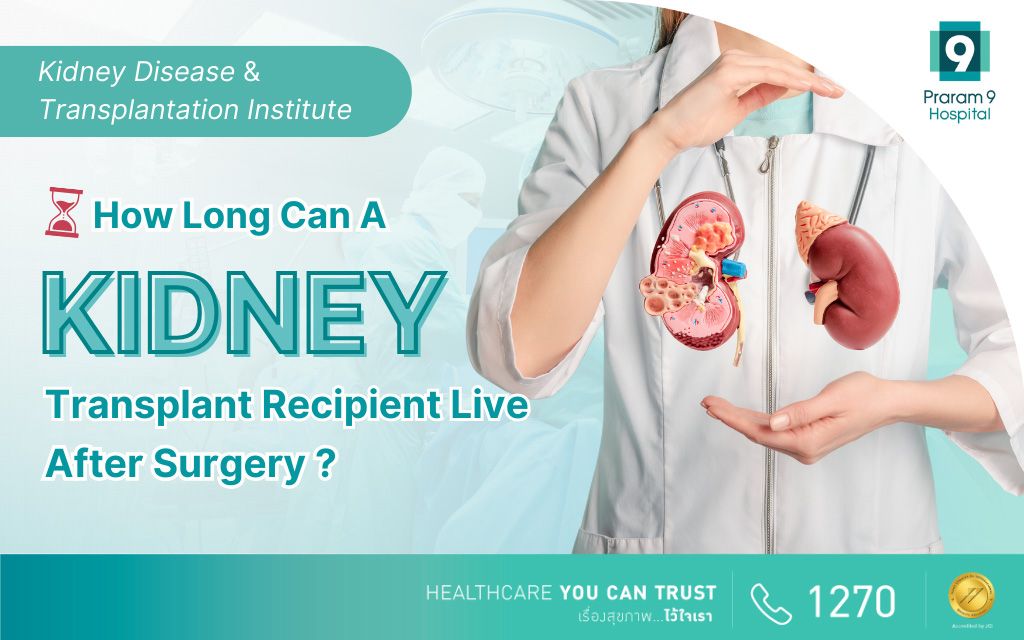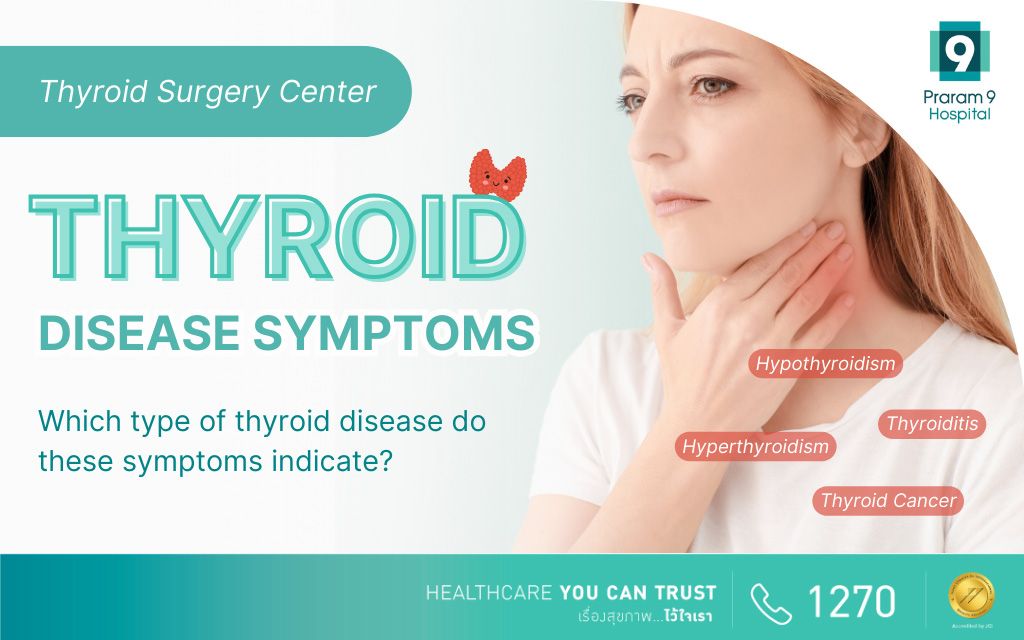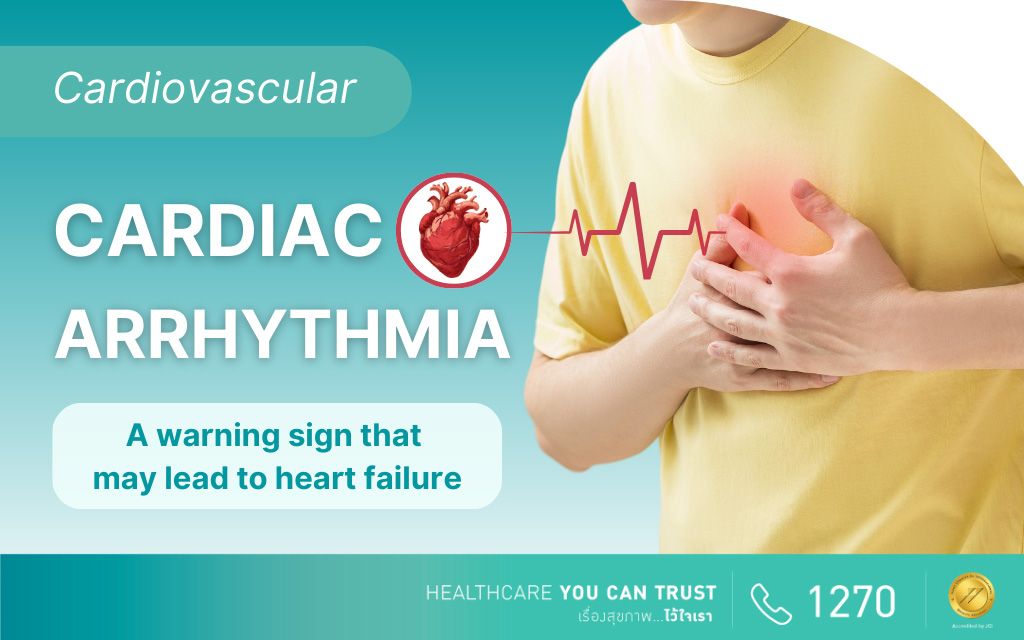Health Articles
Knowledge
Chest Pain and Tightness: Check Immediately! A Warning Sign from Your Heart
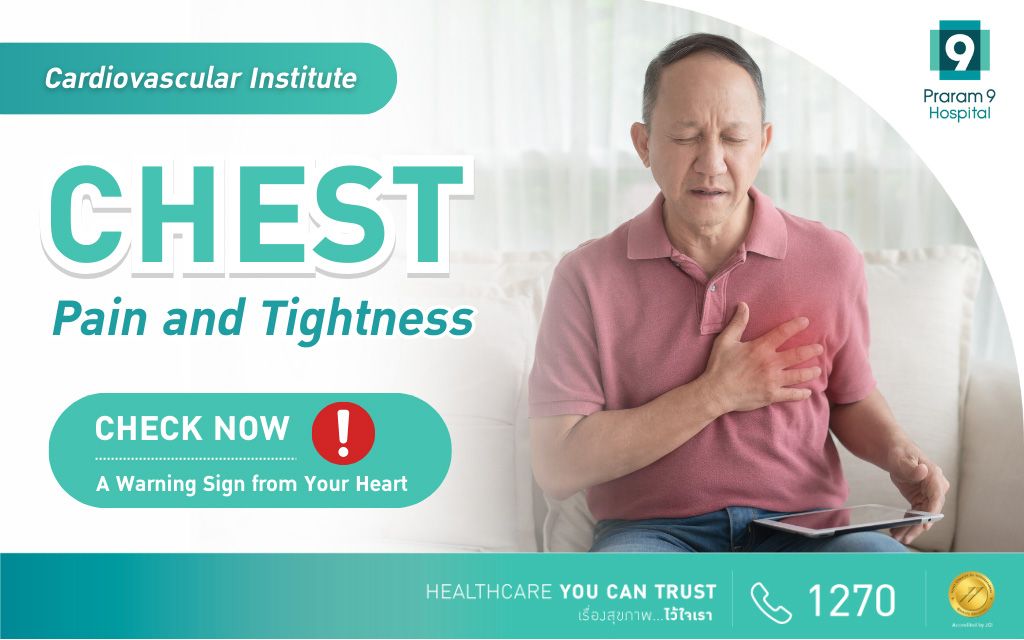
Chest pain and tightness can be a warning sign of serious health problems, particularly heart disease. Recognizing the associated symptoms is crucial to ensure prompt and accurate responses in critical situations. This article covers the causes, symptoms, heart health care tips, and frequently asked questions about chest tightness related to heart disease.
What Is Chest Pain and Tightness?
Chest pain and tightness refers to a sensation of pressure or constriction in the chest. It can arise from various causes, ranging from mild issues like gas or stress to serious conditions such as heart disease or angina. Angina occurs when blood flow to the heart muscle decreases or stops, often accompanied by the following symptoms:
- Pressure or Squeezing: A sensation of something pressing down on the chest, sometimes accompanied by pain or discomfort.
- Shortness of Breath: Breathing may become difficult, especially during physical activity, exertion, or stressful situations.
- Radiating Pain: Pain may extend to the arms, neck, back, or jaw, which is a critical warning sign that requires immediate medical attention.
Causes of Chest Pain and Tightness
- Coronary Artery Disease: Caused by narrowing or blockage of the arteries that supply blood to the heart, often due to plaque buildup.
- Heart Muscle Disease: Problems with the heart muscle’s function, often linked to high blood pressure or infections, can cause chest pain.
- Aortic Dissection: A life-threatening condition involving a tear in the chest’s major artery, often accompanied by severe chest pain radiating to the back.
- Pulmonary Embolism: A blood clot blocking arteries in the lungs, causing chest pain and difficulty breathing.
- Stress and Anxiety: Psychological factors, including panic attacks, can lead to chest tightness.
- Respiratory Issues: Conditions like asthma or pneumonia may cause breathing difficulties and chest discomfort.
- Gastrointestinal Problems: Acid reflux or stomach ulcers can result in chest pain that may feel like tightness.
- Chest Injuries: Injuries such as broken ribs or strained chest muscles can also cause tightness.
When to See a Doctor for Chest Pain and Tightness
Chest pain and tightness should never be ignored, as they may signal severe health issues, especially heart-related problems. Seek medical attention immediately if you experience any of the following symptoms:
- Severe Chest Pain: Intense pressure or pain that could indicate a heart attack.
- Radiating Pain: Discomfort spreading to the arms, neck, or jaw, often associated with heart conditions.
- Sweating and Shortness of Breath: Excessive sweating without a clear cause, accompanied by difficulty breathing.
- Nausea or Vomiting: These symptoms alongside chest tightness may indicate reduced blood flow to the heart.
- Sudden Onset: Chest tightness occurring abruptly, especially after exertion or stress, could be a sign of acute heart problems.
- Heart Disease History: Individuals with a history of heart disease or risk factors like diabetes or high blood pressure should be particularly cautious.
- Symptoms Persist for Minutes: If symptoms persist for 5–10 minutes or longer, seek medical attention immediately.
- Additional Symptoms: Signs like dizziness, fatigue, or confusion may lead to fainting or severe outcomes if untreated.
Is Chest Pain and Tightness a Sign of Heart Disease?
Chest pain and tightness is a primary warning sign of heart disease but do not always indicate a heart condition. Other causes include aortic dissection, pulmonary embolism, respiratory disorders, digestive issues, or stress. Identifying whether chest tightness is heart-related depends on symptoms and associated risk factors, which should be evaluated by a healthcare professional.
Heart-Related Causes of Chest Pain and Tightness
- Coronary Artery Disease (CAD): Blood flow to the heart is restricted due to blocked arteries, causing chest pain or tightness.
- Heart Attack: Sudden, severe chest pain, often radiating to the left arm, neck, or jaw, accompanied by symptoms such as shortness of breath, nausea, or sweating.
- Myocardial Ischemia: Insufficient oxygen supply to the heart muscle, leading to chest pain, particularly during exertion.
Non-Heart-Related Causes of Chest Pain and Tightness
- GERD: Acid reflux causing burning and tightness in the chest.
- Lung Disorders: Conditions like pneumonia or pneumothorax can cause discomfort in the chest.
- Stress and Anxiety: Emotional distress can lead to chest muscle tension and tightness.
- Aortic Dissection and Pulmonary Embolism: Serious conditions that require immediate medical attention.
Tips for Maintaining Heart Health
- Maintain a Healthy Weight: Excess weight increases heart disease risk. Focus on balanced eating and regular exercise.
- Eat a Heart-Healthy Diet: Include high-fiber foods such as fruits, vegetables, and whole grains, and avoid saturated fats.
- Avoid Smoking and Alcohol: Smoking contributes to artery blockages, while excessive alcohol can raise blood pressure.
- Get Regular Check-Ups: Monitor blood pressure, cholesterol, and blood sugar levels, and undergo heart health screenings.
- Manage Stress: Practice relaxation techniques such as meditation or exercise to reduce stress.
- Exercise Regularly: Engage in cardiovascular activities like walking, cycling, or swimming.
Frequently Asked Questions (FAQs) of Chest Pain and Tightness
- What causes chest pain and tightness?
Chest tightness can result from heart conditions, lung issues, or stress.
- When should I see a doctor?
Seek medical attention if chest tightness is severe, persistent, or accompanied by other symptoms such as pain in the arm or shortness of breath.
- How is heart disease diagnosed?
Tests include blood tests, EKG, and echocardiograms are used to assess heart function.
- Can chest pain and tightness be treated?
Treatment depends on the underlying cause and may involve medication, lifestyle changes, or procedures.
- How can I prevent chest pain and tightness?
Adopt healthy habits like regular exercise, a balanced diet, and stress management.
- Is chest pain and tightness related to heart attacks?
Yes, it can be a warning sign of a heart attack, especially with accompanying by other symptoms.
- Does chest pain and tightness differ between men and women?
Women’s symptoms may be less specific, such as back pain or nausea, alongside chest tightness.
Conclusion
Chest pain and tightness are a significant warning sign of potential heart issues that can lead to severe outcomes if ignored. When accompanied by symptoms like shortness of breath, arm pain, or jaw pain, it may indicate coronary artery disease, heart attack, or myocardial ischemia. However, other causes, including lung or digestive conditions and stress, can also lead to chest tightness. Accurate diagnosis by a qualified healthcare provider is essential. If you experience chest tightness, seek medical advice promptly for timely intervention.
For more information or urgent, please contact
TEL: 1270 (Local) or +662 202 9999
Email: [email protected]
You can consult a doctor from anywhere through video calls.


